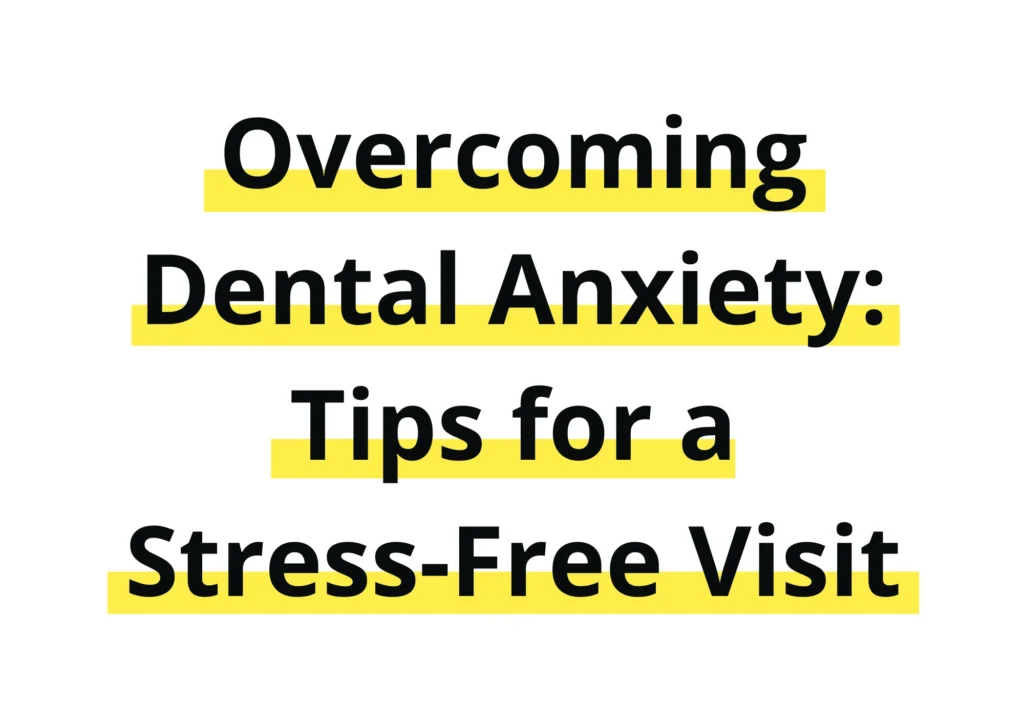

By Leanne.
Share article:
Is anxiety stopping you from seeing a dentist, having a dental exam or having a procedure?
Lets take a look at just how debilitating anxiety can be.
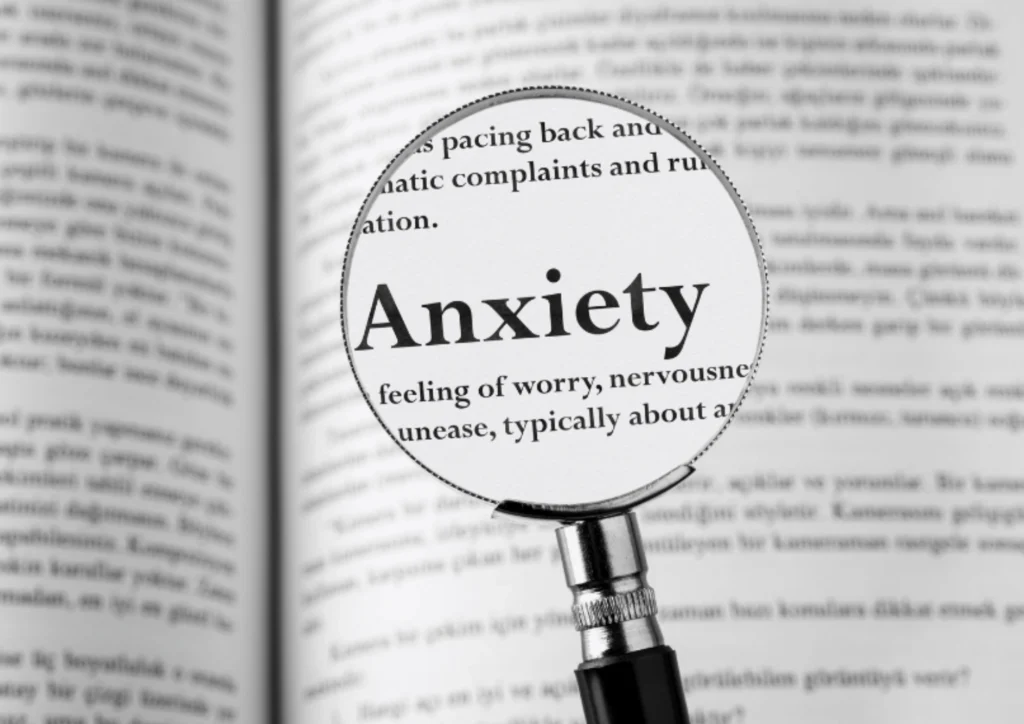
What is it?
Dictionary definitions:
- apprehensive uneasiness or nervousness usually over an impending or anticipated ill: a state of being anxious.
- normal response to stress, uncontrollable or excessive and affects quality of life.
- the body’s physical response to a threat or perceived threat.
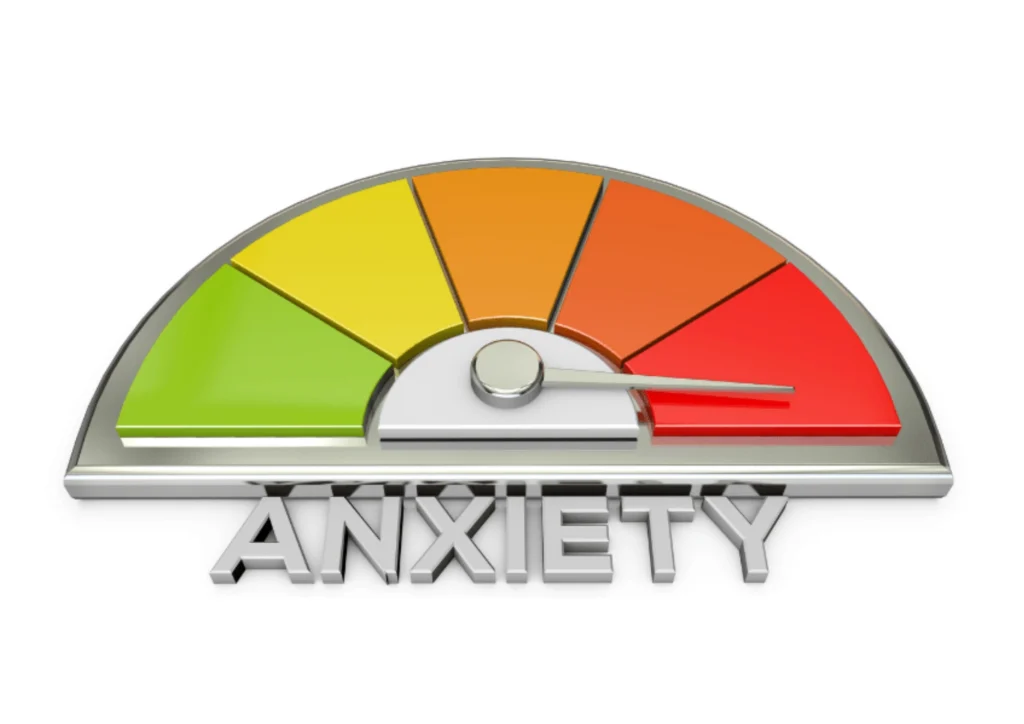
General anxiety
For most people the day to day worries of everyday life can usually be controlled or ‘switched off’. Worrying in itself can be constructive if it helps you to work out possible solutions to a problem. However, some people are troubled by excessive worrying and anxiety that is harder to control. This type of excessive worrying is known as generalised anxiety disorder (GAD).
Worries associated with GAD are distressing, last a long time and may appear for no apparent reason. GAD is characterised by a feeling of apprehension and constant irrational worrying about potential threats to not only the person themselves but also their loved ones.
Anxiety disorders can lead to phobias.
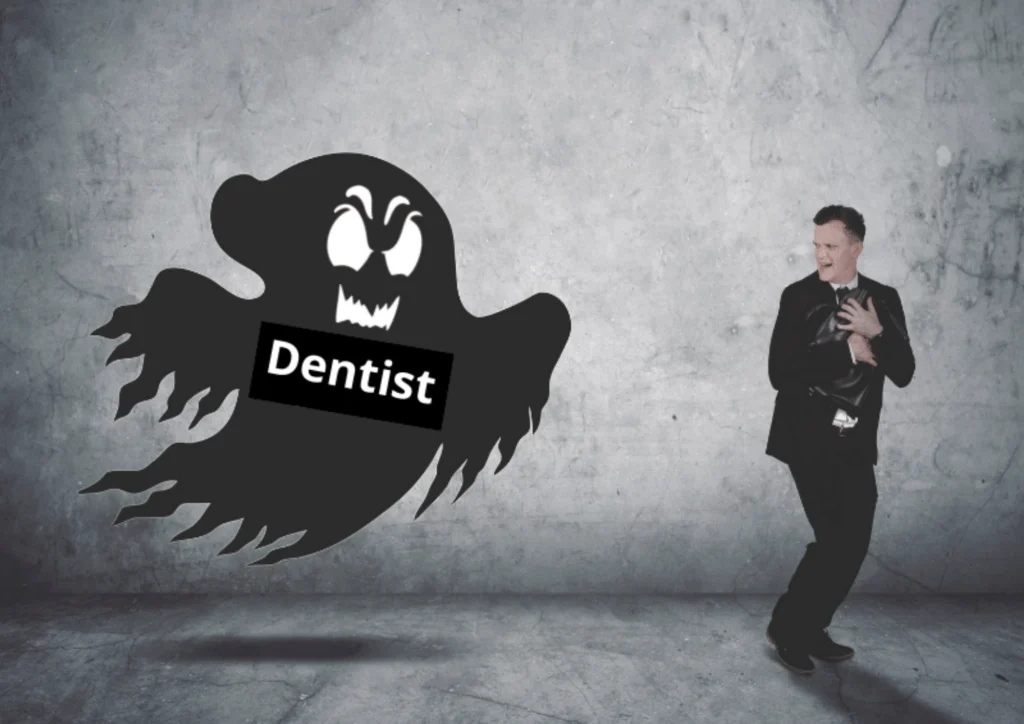
Phobias
Dentophobia or Odontophobia is a fear of the dentist or dental procedures. This phobia generally develops after an unpleasant experience in a dentist’s office. It can be harmful if it prevents you from obtaining preventative or required dental care.
- 36% of people in the USA have some kind of dental fear.
- 12% have severe fears.
- 3% have extreme fear or dentophobia.
In Australia if you think you have dental anxiety, you’re not alone. It’s common both in adults and kids. According to a study by the university of Adelaide:
- 1 in 10 children has dental anxiety.
- 1 in 6 adults have a fear of dentists and dental visits.
- Severe dentophobia exists in about 5% of the Australian population.
The most common and disabling symptom of a phobia is a panic attack.
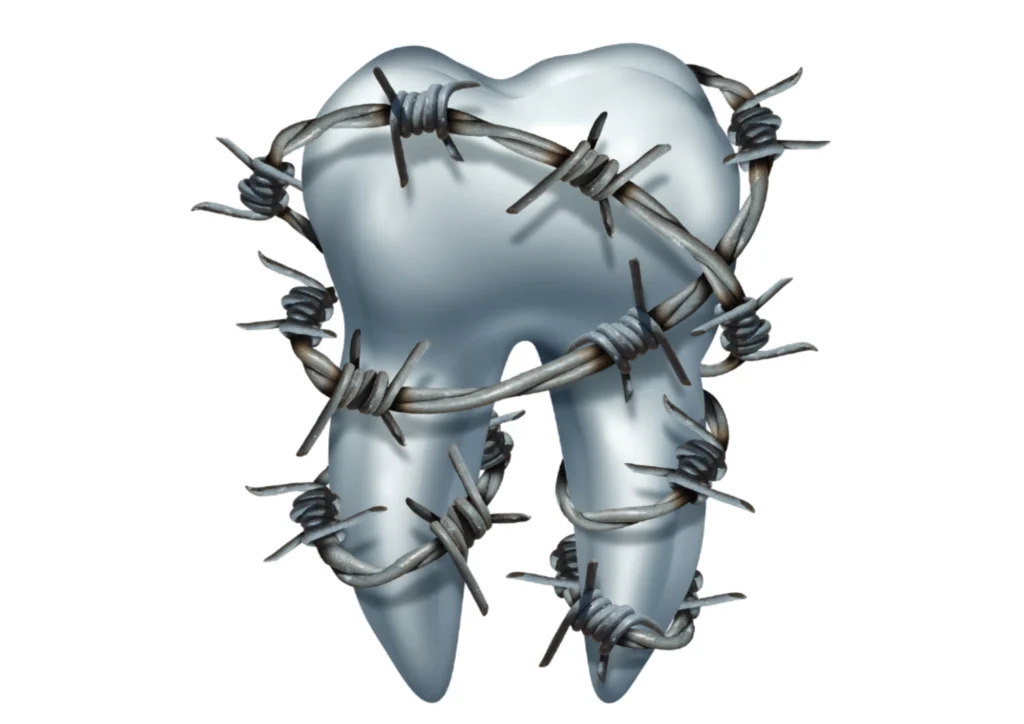
Panic attacks
A panic attack is a feeling of intense fear that comes on suddenly and peaks within 10 to 20 minutes. The initial trigger of the fear can be known or unknown.
Once you’re experiencing a panic attack, the symptoms may get worse and you may believe you are having a heart attack or having a mental health emergency. A common fear that may exacerbate a panic attack is the fear that you might be judged negatively if you have an attack in public.
Panic attacks can vary greatly, and symptoms may differ among individuals. The many symptoms of anxiety don’t happen to everyone, and they can change over time.
A panic attack can be debilitating and lead to avoidance of dental treatment.
In the diagram below, you will see common signs that you may be…
- suffering from anxiety
- have a phobia, or
- have experienced panic attacks
Some symptoms are common to all 3.
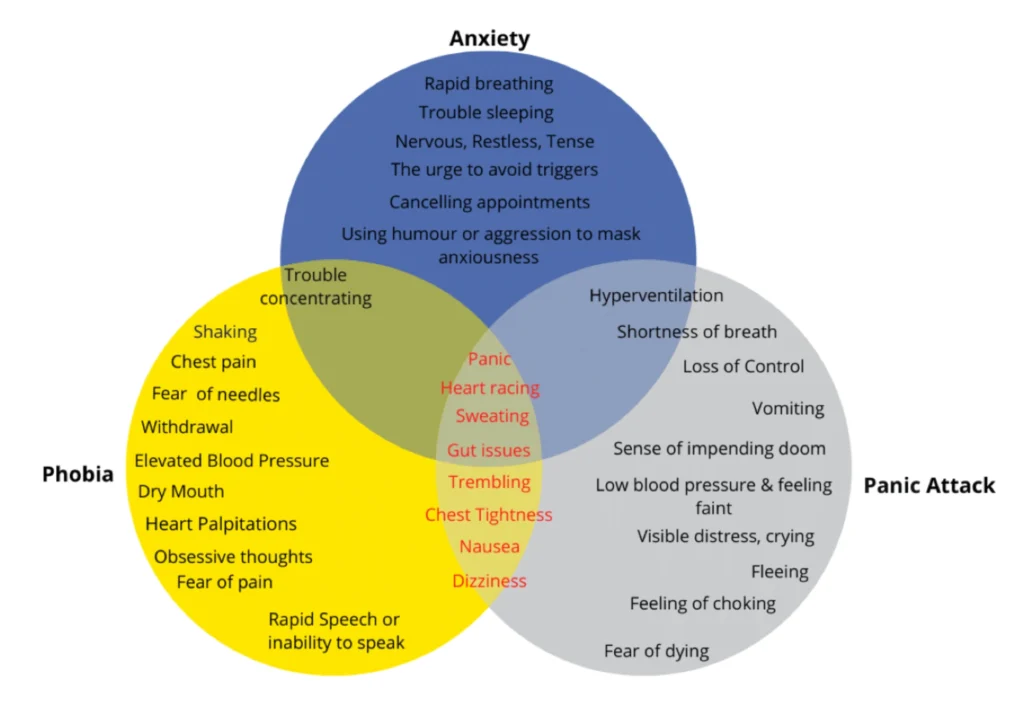
What does a person with dentophobia fear?
Someone with dentophobia may be afraid of:
- Anaesthetics: Not working or wearing off.
- Blood: Some people have a fear of blood (haemophobia), even minor bleeding.
- Noise: Fear of the noise made by drills and dental instruments.
- Smells: Anxiety due to how the dentist’s office smells or the specific aromas that arise during dental treatment.
Causes of dental anxiety and phobia
Dental anxiety can be caused by:
- A traumatic dental experience or other healthcare experience.
- Generalised anxiety, depression or post-traumatic stress disorder.
- Fear of loss of control.
- Obsessive compulsive disorder where there is an obsession around cleanliness.
- Incompetence, reading about botched dental work and things going wrong.
Who is at risk of anxiety disorders?
With anxiety, there can be different risk factors.
There are however some general influences, including:
- Personality traits. This includes shyness and nervousness in childhood.
- Life history. Exposure to negative or stressful live events.
- Genetics. Those who have a diagnosis of anxiety, and have a first degree relative who also has a diagnosis of anxiety.
- Other health conditions. Thyroid problems and other health conditions can make you prone to anxiety.
- Stimulants. Consuming caffeine, specific substances, and medications can worsen your symptoms.
When you experience repeated panic or anxiety attacks, you may have a panic disorder.
How do I treat anxiety?
Treatment for anxiety falls into three categories:
Cognitive behavioural therapy:
Cognitive behavioral therapy (CBT) is the most commonly used therapeutic treatment for phobias. It involves exposure to the source of the fear in a controlled setting. This treatment can decondition people and reduce anxiety.
The therapy focuses on identifying and changing negative thoughts, dysfunctional beliefs, and negative reactions to the phobic situation.
Techniques often use virtual reality technology to expose people to the sources of their phobias safely.
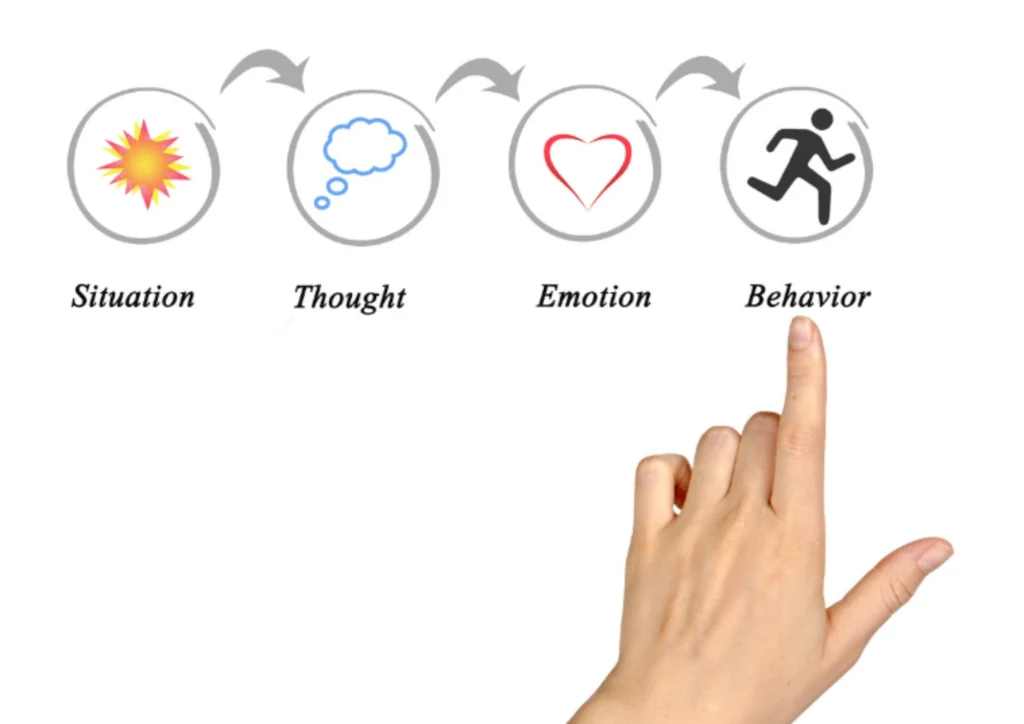
Medication:
Antidepressants and anti-anxiety medications:
Do not self medicate beyond what your dentist is aware of, certain medications can be an antagonist for anaesthesia and analgesia.
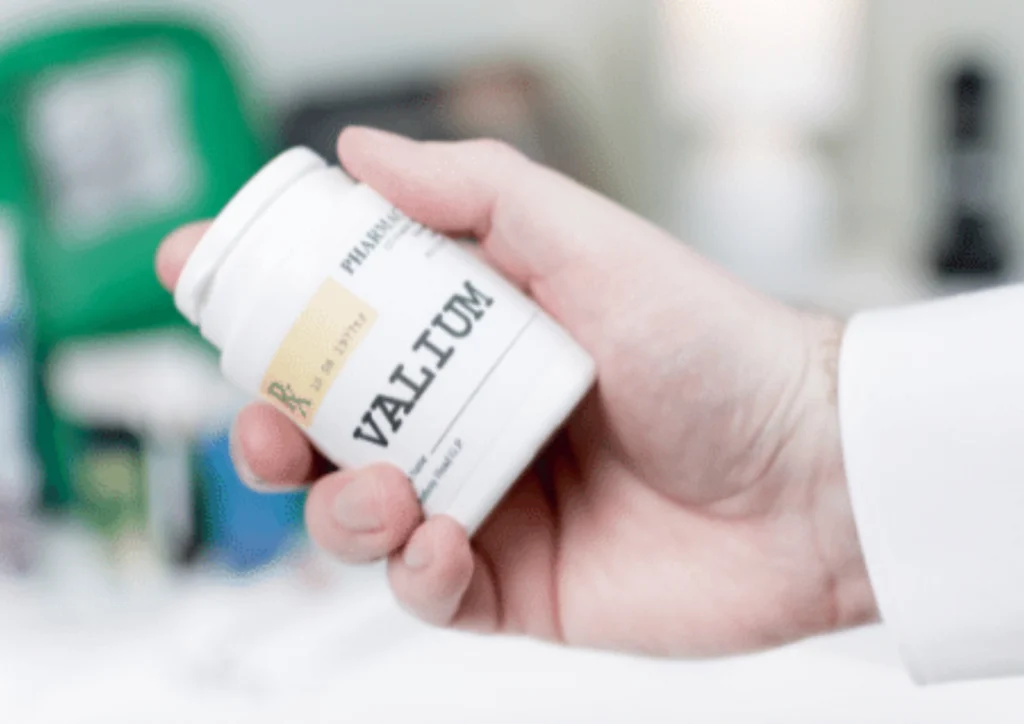
Complementary health techniques:
- Mindfulness
- Yoga
- Meditation
- Using a weighted blanket
- Hypnosis
- Guided imagery
- Progressive muscle relaxation
- Deep breathing
- Distraction (such as listening to music or the use of devices)
- Self-management strategies such as stress management are also ways to treat your anxiety using alternative methods.

Where do I go for help?
Are there tests that diagnose anxiety?
A single test can’t diagnose anxiety. An anxiety diagnosis requires a process of physical examinations, mental health tests, and psychological assessments.
Some doctors or healthcare professionals may conduct a physical exam, including blood or urine tests to rule out underlying medical conditions that could contribute to the symptoms you have experienced or are experiencing.
Several anxiety tests and scales are used to help a doctor assess the level of anxiety you’re experiencing.


How can I prevent it from coming back?
Natural remedies used to treat anxiety.
Lifestyle changes can effectively relieve some of the stress and anxiety you may experience every day. Most natural “remedies” consist of caring for your body and participating in healthy activities while avoiding unhealthy ones.
These include:
- Getting enough sleep
- Meditation
- Staying active and exercising
- Eating a healthy diet
- Avoiding excessive alcohol
- Avoiding excessive caffeine
- Quitting smoking

How to manage dental anxiety or phobia
Pre-procedure:
- Tell your dentist and your team of your level of anxiety in pre-work up conversations; prior to your first appointment, this is not something to declare on the day.
- Ask questions.
- Educate yourself- pre and post-procedure.
- Nitrous Oxide (Happy Gas).
- IV Sedation.
- General anaesthesia in the hospital setting.

What can I do to minimise my anxiety once at the dentist?
- Be the first patient of the day if you can.
- Use distraction techniques.
If your procedure is delayed:
- Don’t stay in the waiting room full of scared people.
- Wait in your car.
- Avoid hearing moaning or crying from other patients.
- Listen to relaxing music.
- Keep your support person with you as long as you can, to help you remain calm.
- Have a plan with your dentist on a signal to ‘stop’ during the treatment for a break (such as raising your finger or hand).
Don’t let anxiety, phobia or panic attacks stop you from becoming a healthier you.
Talk to the team of you All at Once® provider. They will listen to you and work with you to allay your fears.
Anxiety affects everyone in different ways, from being annoying to extremely disabling.
Sometimes you might feel out of control like there’s a disconnect between your mind and body. Remember you’re not alone.
Speaking with others is an opportunity to share coping strategies and experiences. Talk to previous patients, join online dental support groups, engage in discussion and learn from shared experiences.



Disclaimer: The information provided on this platform, including text, graphics, and images, is intended for general informational purposes only. It is not a substitute for professional dental advice, diagnosis, or treatment. For specific dental concerns, it is crucial to consult with a qualified dental practitioner. They will be able to assess your individual circumstances, provide accurate diagnoses, and offer appropriate treatment options tailored to your specific needs
Print article:
Share article:
Subscribe To Leanne's Blog
Ready for your new smile?


